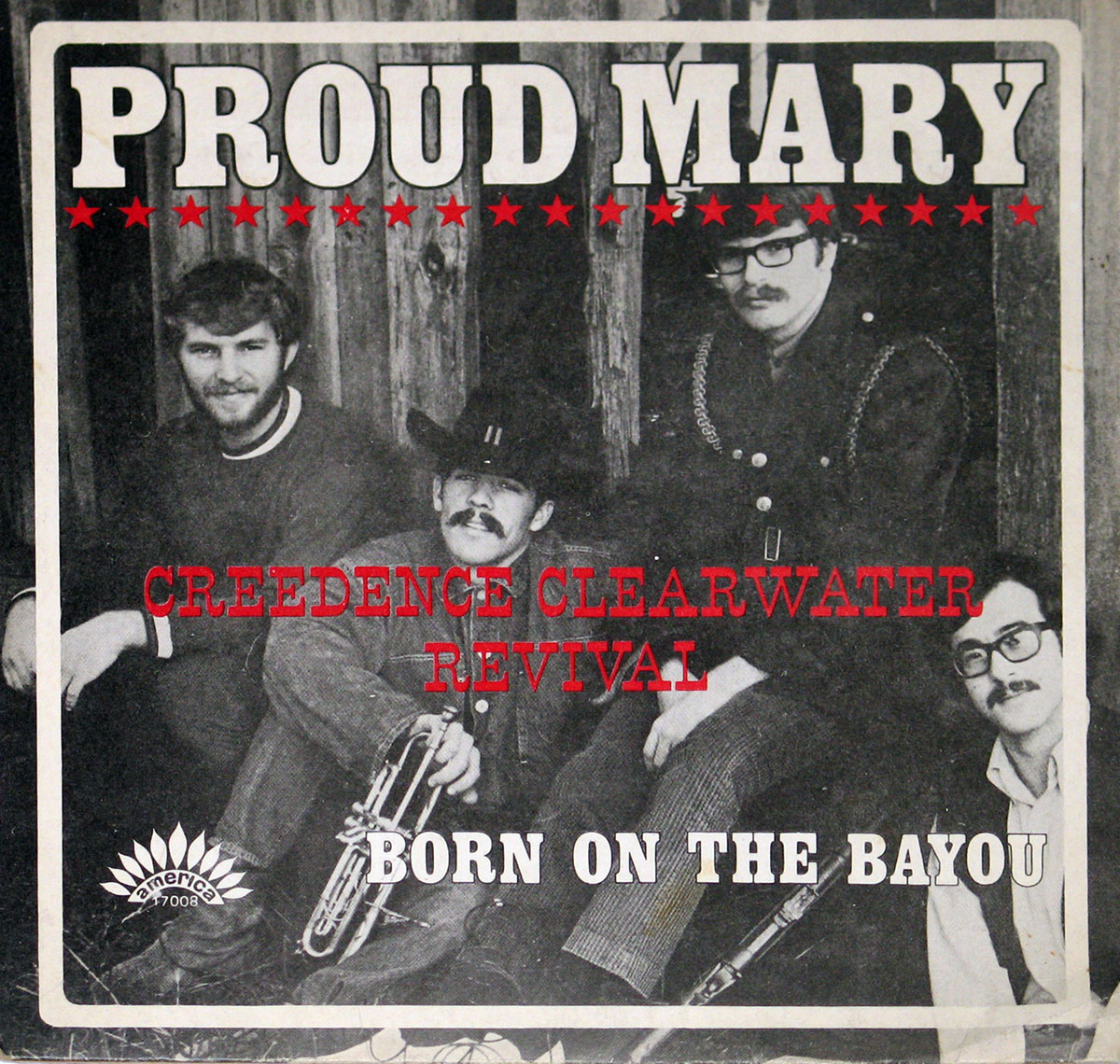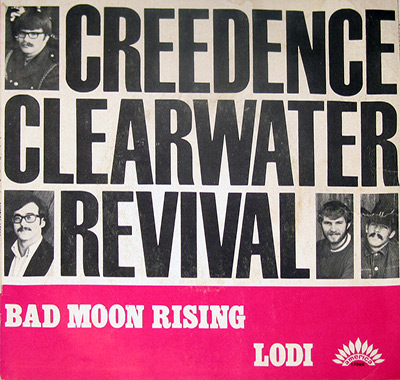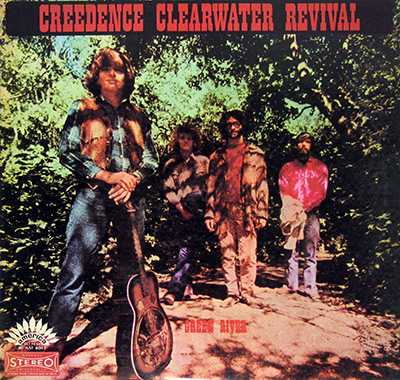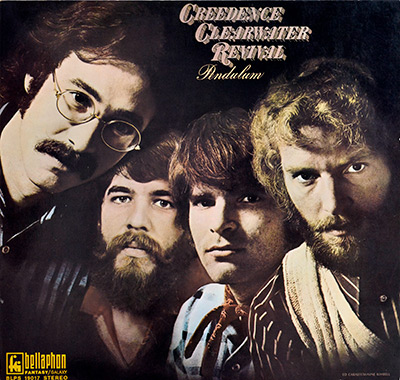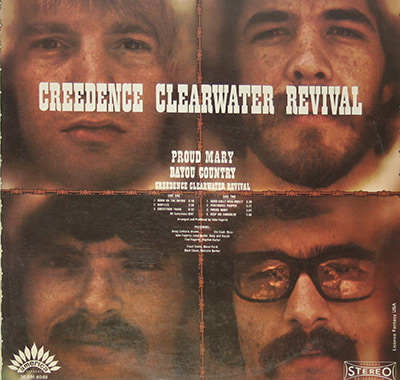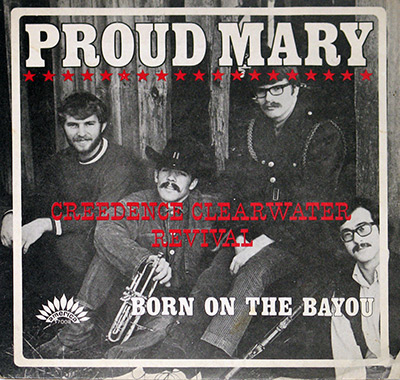| Record Description:
"Proud Mary" and "Born on the Bayou" are two of CCR's most iconic songs, and both are known for their distinctive sound and catchy hooks. "Proud Mary" is a fast-paced, upbeat tune that features a memorable guitar riff and a driving rhythm section. The song's lyrics tell the story of a riverboat captain named Mary and her travels along the Mississippi River. "Born on the Bayou," on the other hand, is a slower, more bluesy track that showcases lead singer John Fogerty's soulful vocals and gritty guitar work. The song's lyrics evoke a sense of nostalgia for the singer's Louisiana roots and the rural lifestyle of the bayou.
Both songs were written by Fogerty, who was the primary songwriter and creative force behind CCR. His distinctive musical style drew on a wide range of influences, including rock, blues, country, and R&B. The band's sound was characterized by tight harmonies, powerful guitar riffs, and a strong rhythmic drive.
The late 1960s were a time of significant social and political change in the United States. The country was in the midst of the Vietnam War, and tensions were high between different segments of society. Music played an important role in this cultural context, with many artists using their music to express their political views and social commentary.
CCR was one of many bands that emerged during this time, and their music reflected the spirit of the era. "Proud Mary" and "Born on the Bayou" both draw on themes of freedom, independence, and the open road. These themes resonated with audiences at the time, who were looking for an escape from the turmoil of the world around them.
|
